Nigeria’s Ministry of Communications, Innovation, and Digital Economy has commenced the Build-A-Thon programme for 1,500 secondary school students to engage students from 150 schools in Owerri, Maiduguri, and Abeokuta.
The four-day initiative offers diverse learning opportunities such as DIY boxes, technology labs, and workshops to enhance students’ skills.
The programme is in collaboration with the UK-based NGO Raspberry Pi Foundation and the Nigerian Communications Commission (NCC). It is designed to empower the younger generation with the skills and knowledge required to thrive in the digital era.
In 2023, the ministry announced its search for educators, teachers, and enthusiasts in Maiduguri, Owerri, and Abeokuta for the Build-A-Thon initiative programme.
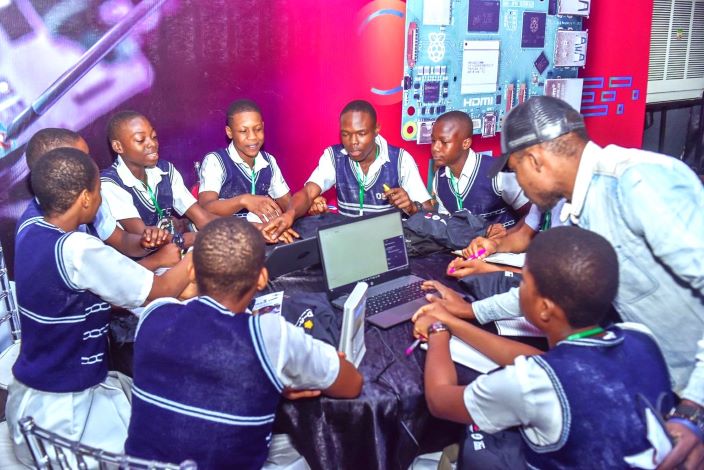
The Minister of Communications, Innovation, and Digital Economy, Dr. ‘Bosun Tijani, restated the Nigerian government’s commitment to fostering technological awareness among young adults through structured learning environments.
Also Read: Build-A-Thon: FG opens applications for teaching positions
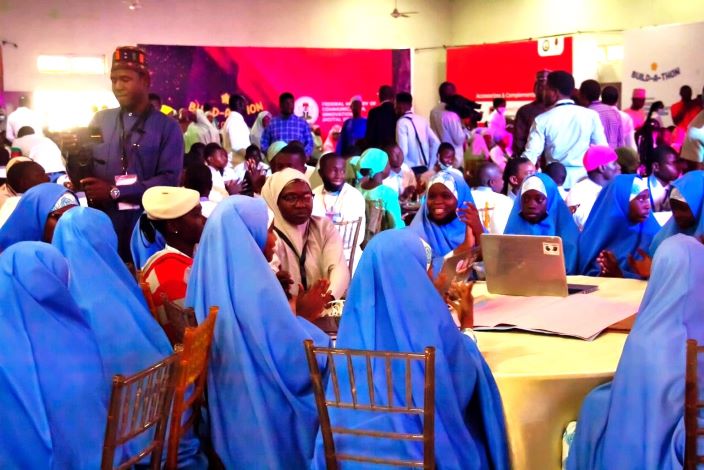
The minister, who posted on his social media pages, said:
“Follow live footage of the largest known Raspberry Pi-based Build-A-Thon. 1,500 secondary school students from Maiduguri, Owerri and Abeokuta in Nigeria – exploring physical computing with RPI over four days! Reimagining our future by unlocking the creative confidence of our future makers.
“Knowledge is the bedrock of our strategic blueprint. Over the last 15 years, I have witnessed knowledge and creativity transform lives and societies across Africa in unprecedented ways. The world isn’t ready for what’s coming from Nigeria in the next 3 years. Enjoy images from Day 2 of our Build-a-Thon happening in Maiduguri, Owerri and Abeokuta.
“We believe there are a lot of amazing minds in Nigeria who will do great things if given the opportunity, and that’s what we’re giving them—an opportunity.”
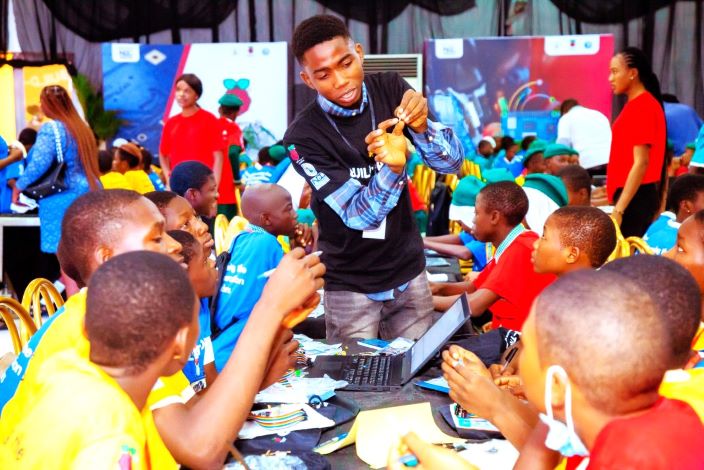
The initiative is set to recognize outstanding teams in different locations and categories and strives to equip students with essential skills while exposing them to the world of maker culture.
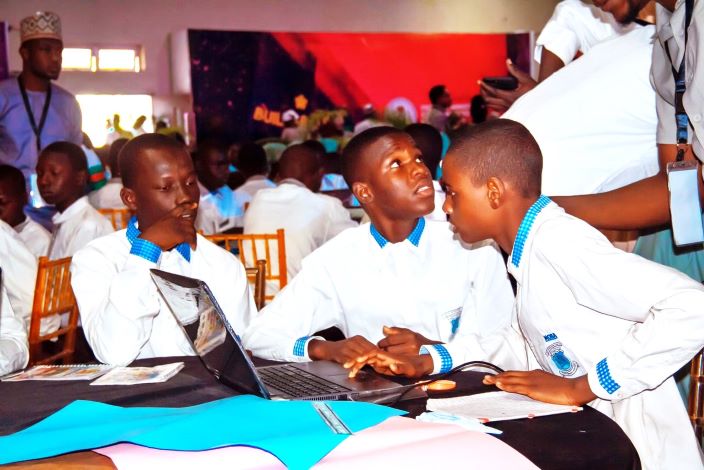
According to Tijani, by doing so, the programme aims to inspire students to become innovators and problem-solvers.
He stressed the importance of creating a knowledge pipeline represented by these young, impressionable minds to position Nigeria as a go-to market for technical knowledge.

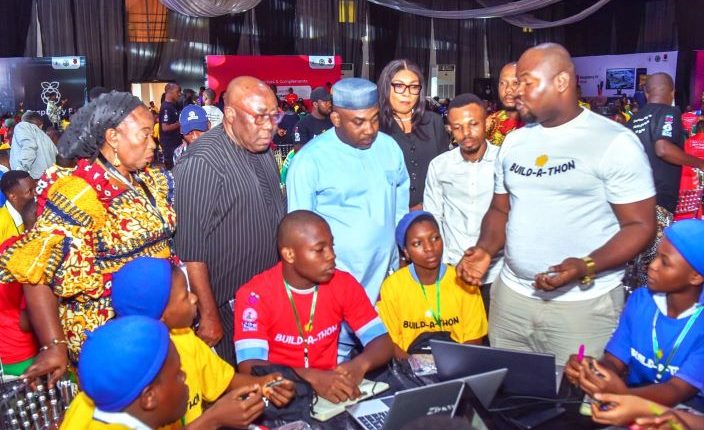
Comments are closed.